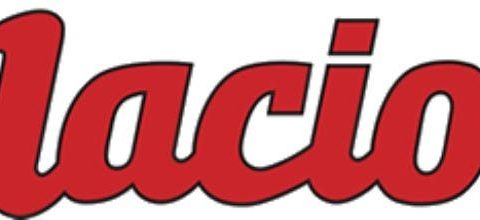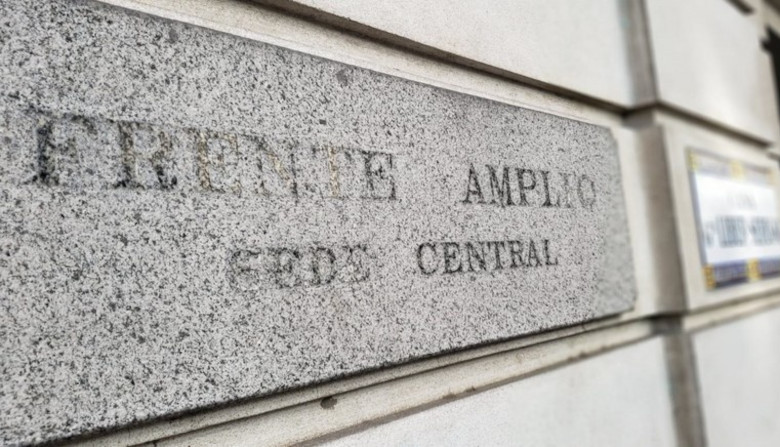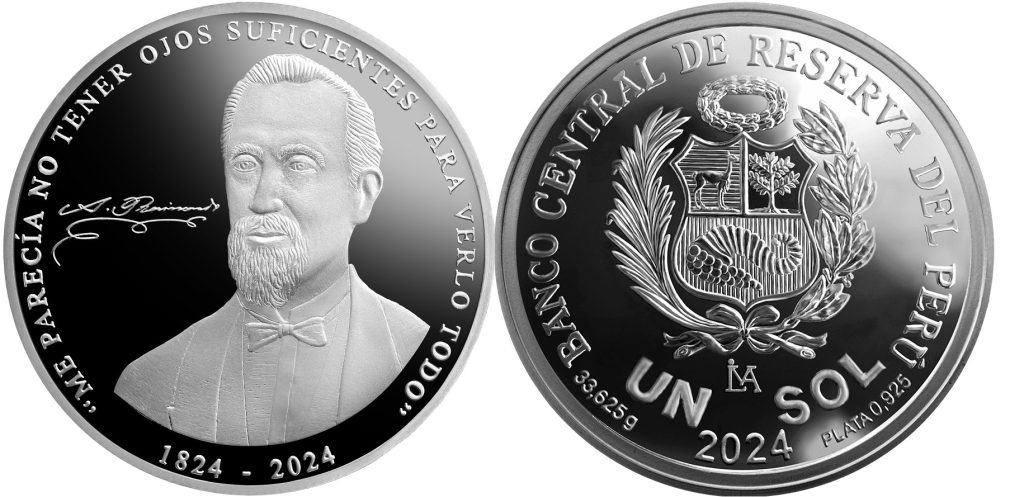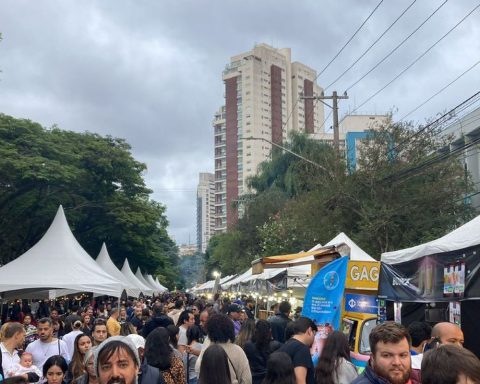The entrance of food packaged Dominicans to Haiti could be limited starting October 1, after the Ministry of Commerce and Industry of that country ordered the withdrawal of all products that break the rules of labeled by that date, including its translation into one of the two official languages, French or Creole.
Executives of business associations consulted by Free Newspaper They described it as “surprising” and “informal” the measure.
They considered that the few weeks that companies have to catch up with these requirements would restrict the exports Dominicans towards the neighboring country, which have been deteriorating since 2022 and showed a drop of 15.04% between January and July of this year, according to the General Directorate of Customs (DGA).
“The apparent objective of these measures is to ensure that the consumer Haitian obtain, through the labeled in their language, all the information relevant to the productsHowever, the surprising nature of the report is worrying. informal of the communication“said the vice president of the Association of Industries of the Dominican Republic (AIRD), Mario Pujols.
He noted that, so far, industrialists have not been able to validate this information on the official channels of the company itself Ministry of Commerce and Industrynor in Le Moniteur – a leading print media outlet in Port-au-Prince – where these types of decisions are normally published.
The vice president of the National Council of Private Enterprise (Conep), César Dargam, agrees with this and warned that the implementation of these rules, without giving economic agents time and facilities to comply, “could cause a significant decrease in the volume of exports and shortage in the market Haitian of products basic consumption, generating negative consequences for both economies.”
Food exported
The Dominican Republic represents one of the Main markets that supply Haiti with food for mass consumption by its population.
Some of the prepackaged foods The products that the country exported the most to Haiti for 2023, according to data from the International Trade Centre (CTC), were:
- Flour and its products derivatives
- Oils, butters and margarines
- Tomato pastes, condiments and seasonings
- Sugar and its derivatives
- Vegetables and tubers
- Preparations and pickles of vegetables, fruits and vegetables
Last week, Haiti’s Ministry of Trade and Industry reminded food manufacturers, importers and distributors that, according to a 2020 decree issued by the authorities, all labels on prepackaged food products must contain the sales name, list of ingredients, net quantity, manufacturing and expiration dates, instructions and tips for preserving the product – among other data identifying the product – in one of the two national languages, “in understandable and legible terms.”
In this regard, Pujols recalled that any action related to changes in the tags of the products traded must respond to the obligations arising from the agreements of the World Trade Organization (WTO), such as the Agreement on Technical Barriers to Trade (OTC), which calls for exhausting “a clear notification process” in this regard.
Both AIRD and Conep advocate for a rapprochement between the authorities Dominicans and Haitians, in order to obtain greater clarity on the measure, and to ensure that it is not applied in a “discriminatory” manner products Dominicans compared to other trading partners of Haiti, nor that the labeled becomes a national requirement that diverts trade to the detriment of goods Dominicans.
Customs Dominicans They record that the exports towards Haiti have been in the red for more than 15 months, a situation that worsened after the paralysis of border activities in September 2023.
In July 2024, the exports closed at 50.88 million dollars, being the first month that registers a slight recovery, with a growth of 5.43%. In accumulated terms, the exports fell 15.04% in the first seven months of this year, to $304.33 million.
The country demands similar measures
The Dominican Republic has at least seven Dominican Standards (Nordom) that regulate the labeled of products prepackaged on the market, one of the main ones being Nordom 53 on the Labeled General Regulation on Prepackaged Foods, which must be applied to all containers or packaging of the food previously packaged that are destined for the consumer final or for hospitality purposes.
These provisions are supervised by the Dominican Institute for Quality (Indocal) is the authority responsible for the development, approval and dissemination of all technical standards that facilitate trade and industrial development in the country.
Each regulations for the labeled It will depend on whether the product in question is a sausage, a dietary food, contains food additives, or requires nutritional declarations, among other aspects.
However, the basic requirements of the labeled of food must include:
- The name of the food (avoiding generic terms)
- List of ingredients in descending order, with allergen declaration}
- Expiration date and storage instructions
- Country of origin of the product
- Name and address of the manufacturer
- Seller, packer or exporter of the product
Likewise, the country demands that all information technique be contained in Spanish, including labels, advertisements, publicity, advertising emblems and explanations printed on instructions, containers, packaging or packaging, in order to clearly communicate the contents of the packaging to Dominican consumers.

















